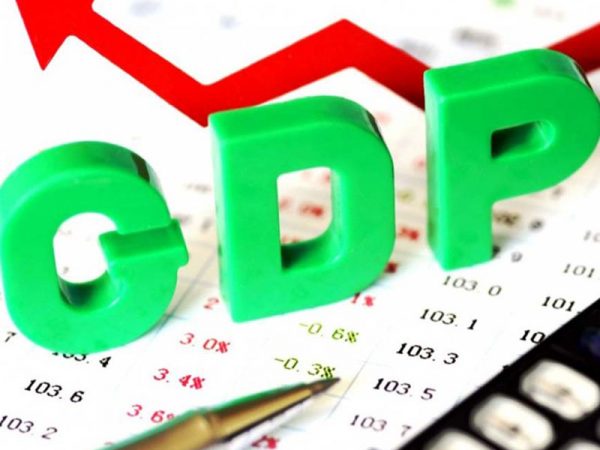Nigeria’s economy grew by 3.19 per cent in the second quarter of 2024, an improvement over both the 2.51 per cent growth rate recorded in the same period last year and the 2.98 per cent in the previous quarter. This increase is attributed to several key sectors and activities that have demonstrated strong performance despite global economic uncertainties.
1. Crop Production
Agriculture remains a cornerstone of Nigeria’s economy, with crop production as a standout performer. Accounting for 87.48 per cent of the total agricultural output, crop production has been vital for food security and employment, helping to stabilise the economy despite environmental and logistical challenges. Crop Production contributed 20.35 per cent to the real GDP growth in Q2 2024.
2. Trade Sector
The trade sector, buoyed by increased domestic and international commerce, was another significant contributor. The growth in this sector reflects a recovery in consumer spending and a gradual improvement in supply chain dynamics, which have been critical in sustaining economic momentum. Trade contributed 16.39 per cent to the real GDP growth.
3. Telecommunications and Information Services
Among the leading sectors was the Telecommunications and Information Services sector, which continued its robust growth trajectory, benefiting from increased digital adoption and a burgeoning technology ecosystem. This sector has been pivotal, driving innovation and contributing significantly to the GDP expansion. The Telecommunications and Information Services sector contributed 16.36 per cent to the real GDP growth.
4. Financial and Insurance Services
Financial services, including banking and insurance, played a critical role, with consistent growth driven by increased financial inclusion and the adoption of digital financial services. These sectors have not only boosted economic activities but also supported other industries by providing critical financial infrastructure. Financial Services contributed 6.04 per cent to the Q2 GDP growth.
5. Crude Petroleum and Natural Gas
Despite fluctuating oil prices, the crude petroleum and natural gas sector showed recovery signs, contributing to the GDP with a growth rate of 10.15 per cent year-on-year. The oil sector’s revival is crucial, given its historical significance to Nigeria’s economy, even as the country shifts towards diversification. The sector contributed 5.70 per cent to the Q2 GDP growth when compared to Q1 2024.
6. Real Estate
The real estate sector showed positive growth, driven by increased demand for residential and commercial properties and contributing 5.17 per cent to the GDP growth. Urbanisation trends and a growing middle class have spurred development, making real estate a significant contributor to Nigeria’s economic growth.
7. Food, Beverage, and Tobacco Manufacturing
Sub-sectors like food, beverage, and tobacco manufacturing have maintained steady growth due to domestic demand. These industries are key to Nigeria’s manufacturing sector, contributing significantly to employment and economic output. The sector contributed 4.44 per cent to Q2 GDP growth.
8. Construction
The construction sector experienced growth, reflecting increased government and private sector investments in infrastructure projects. These investments are crucial for supporting other economic activities and improving overall living standards. It contributed 3.17 per cent to the GDP growth.
9. Professional, Scientific, and Technical Services
The Professional, Scientific, and Technical Services sector emerged as a key contributor, reflecting Nigeria’s growing emphasis on knowledge-based industries. This sector contributed 3.00 to the Q2 GDP growth, underscoring its importance in the modern economy and its potential for further expansion.
10. Broadcasting
Broadcasting services, encompassing both television and radio, have seen increased engagement. The sector’s growth reflects broader societal shifts towards media consumption and has supported GDP growth through advertising revenues and content creation. The Broadcasting sector contributed 2.54 per cent to the Q2 real GDP growth compared to Q1 2024.
Conclusion
Nigeria’s Q2 2024 GDP growth of 3.19 per cent is a testament to the resilience and adaptability of its economy. With significant contributions from both traditional sectors like agriculture and emerging ones like telecommunications and financial services, the country’s economic outlook remains positive. Continued focus on diversifying the economy and strengthening these key sectors will be essential for sustaining growth and achieving long-term economic stability.

